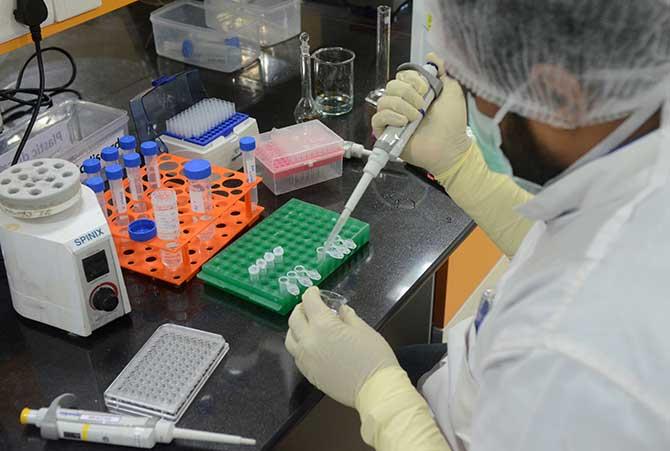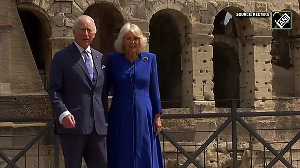The Supreme Court Friday said DNA test is not to be directed as a matter of routine but only in deserving cases as forcing an unwilling party to undergo a DNA test infringes the personal liberty and right to privacy of an individual.

The apex court said in circumstances where other evidence is available to prove or dispute the relationship, the court should ordinarily refrain from ordering blood tests.
A bench of Justices R Subhash Reddy and Hrishikesh Roy said that DNA is unique to an individual (barring twins) and can be used to identify a person's identity, trace family linkages or even reveal sensitive health information.
"Whether a person can be compelled to provide a sample for DNA in such matters can also be answered considering the test of proportionality laid down in the unanimous decision of this Court in K S Puttaswamy v. Union of India, wherein the right to privacy has been declared a constitutionally protected right in India," the bench said.
The top court said the courts should therefore examine the proportionality of the legitimate aims being pursued, i.e whether the same is not arbitrary or discriminatory, whether they may have an adverse impact on the person and that they justify the encroachment upon the privacy and personal autonomy of the person, being subjected to the DNA Test.
"When the plaintiff is unwilling to subject himself to the DNA test, forcing him to undergo one would impinge on his personal liberty and his right to privacy," the bench said.
The verdict came on an appeal filed by one Ashok Kumar seeking a declaration of ownership of property, left behind by late Trilok Chand Gupta and late Sona Devi.
He arrayed the couple's three daughters as defendants in the suit and claimed himself to be the son of Trilok Chand Gupta and Sona Devi.
In their written statement, the defendants denied that the plaintiff is the son of their parents (Trilok Chand Gupta and Sona Devi), and as such he is disentitled from any share in their parental property.
The defendants also set up an exclusive claim on the property based on the Will dated April 16, 1982, executed by their late mother Sona Devi.
During the trial, the defendants filed an application seeking to direct Kumar to undergo a Deoxyribonucleic Acid Test (DNA) and either of the defendants, to establish a biological link of the plaintiff to the defendants' parents.
Kumar opposed the plea and pointed out that he has produced adequate documentary evidence to support his claim.
The trial court dismissed the application saying that the plaintiff cannot be compelled to undergo the test.










 © 2025
© 2025